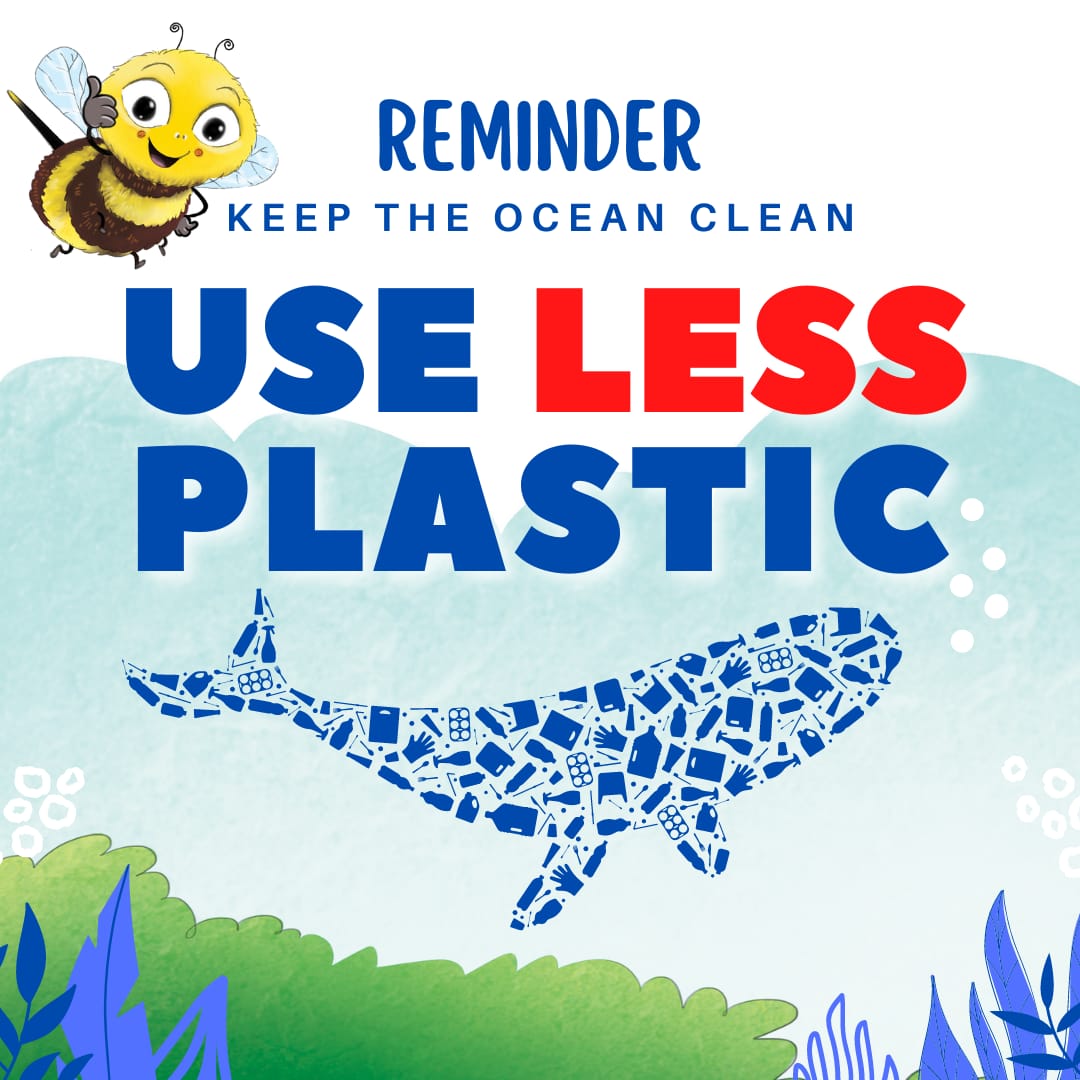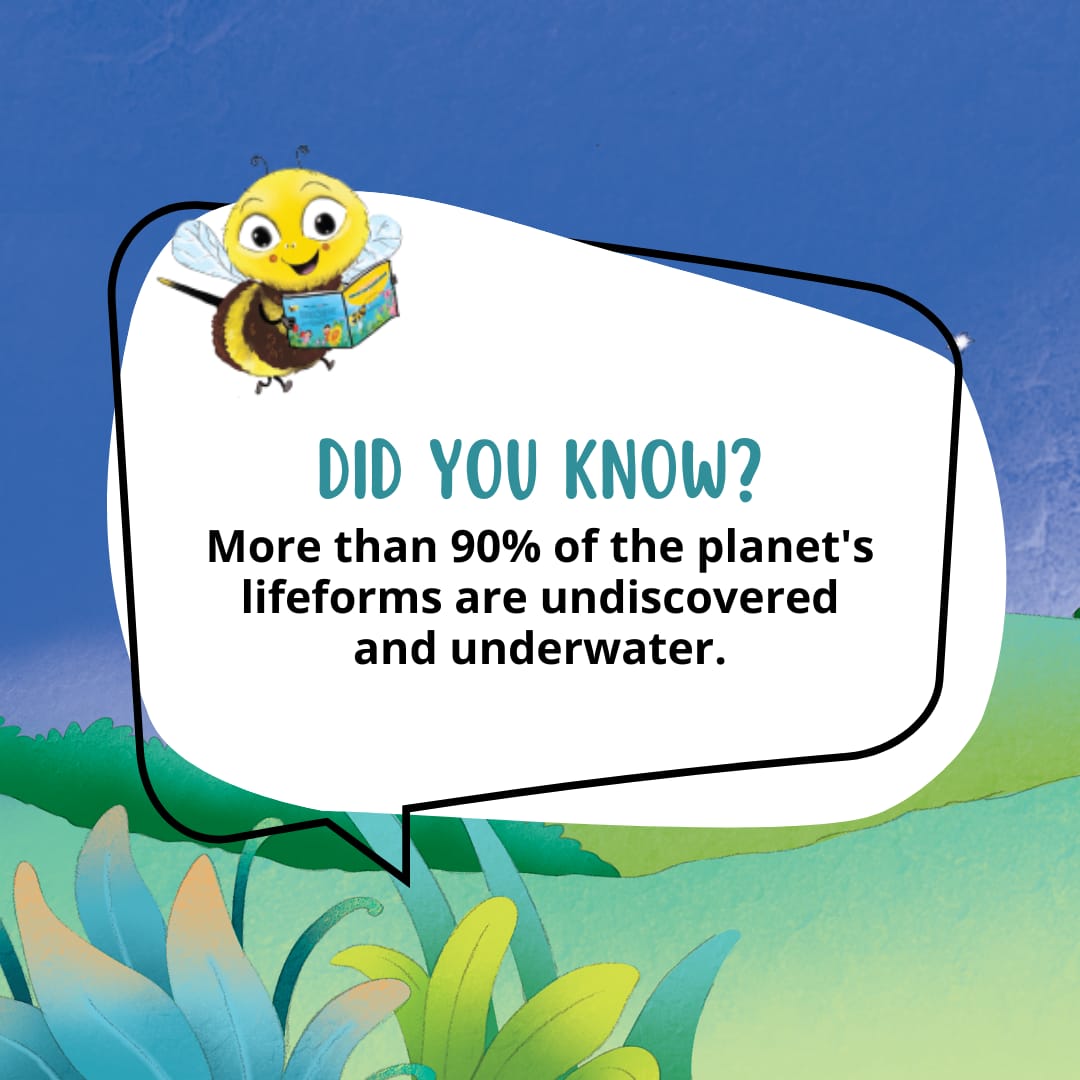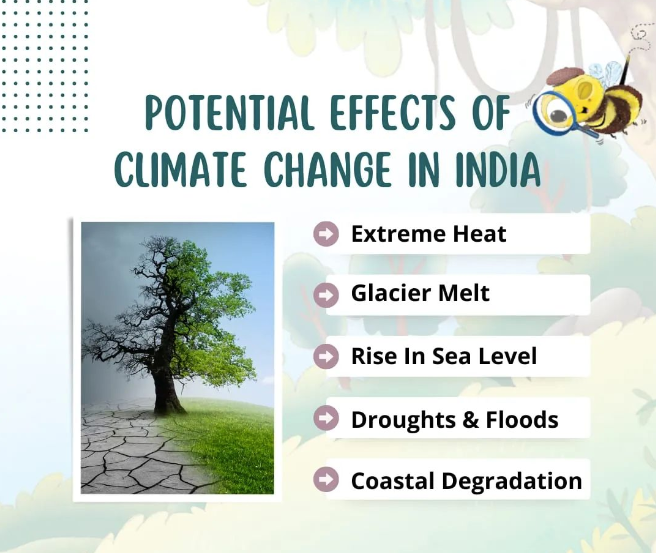What’s Happening: Every year over 8 million tons of plastic waste is dumped in the ocean, causing marine pollution. That is equal to one truck every minute. No matter where the plastic waste is dumped, ocean currents ensure that it is spread ALL OVER THE GLOBE!

The Implication: The hostile marine environment breaks plastic in the oceans down to micro – plastic which fish mistake for food and ingest. This either causes them to die, or worse, get transferred to bigger fish when they get eaten. Eventually, it makes its way to humans through the food chain. Plastic pollution by humans leads to plastic poisoning of humans - ironic, to say the least!
Human Cost: While fish eaters (pescatarians) are directly affected by this, vegetarians too pay a heavy price. The ocean is one huge ecosystem that absorbs over 25% of all CO2 released. Marine pollution due to plastics in the ocean is causing destruction of ocean habitats.

A healthy ecosystem is one where various species coexist – producers, primary consumers, predators, ecosystem engineers etc. Plastic pollution disrupts this, impacting the ocean’s ability to absorb CO2. So, vegetarian or not, we’re all impacted by plastic pollution in oceans (if caring for life in the oceans isn’t enough, this is a great reason to stop plastic pollution in oceans!)
Solution: Stop dumping plastic waste anywhere and recycle it on a war footing. The worst thing we can do is allow waste plastic to pollute our oceans and soil.
However, these are short – term or at best mid – term solutions. The only way out is to completely move to non – fossil fuels, which will completely end the production of plastic. After all, the amount of plastic we have + addition of plant based plastics is enough to meet our needs for the foreseeable future.
Challenge: It is easy to say ‘don’t use plastic’ but that won’t work. Plastic is a byproduct of refining crude oil. As long as we use petrol / diesel, the plastic pollution problem won’t go away and will only get worse.

The ONLY WAY out is to stop using fossil fuels, which is a whole different story. Having said that, we are on the way to accomplishing this. Between 2030 to 2050 pretty much the entire world is expected to completely move away from fossil fuels (and hopefully more plastic). Of course, this will lead to the problems inherent in the EV solution, but that is another matter altogether!






1 comment
ziqdTtZC
uXkmfYSzFTc
Leave a comment
This site is protected by hCaptcha and the hCaptcha Privacy Policy and Terms of Service apply.